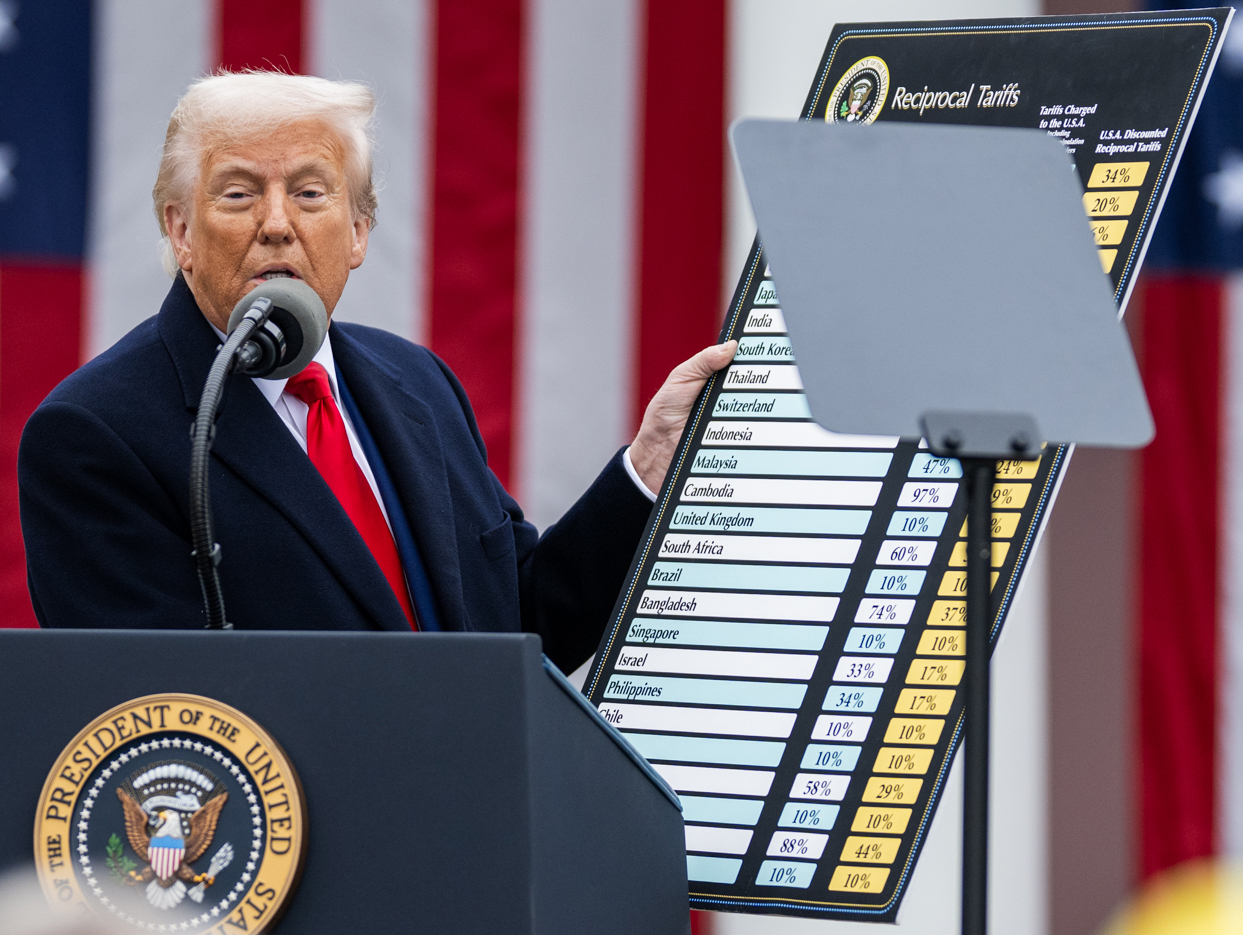
- The ruling states that the President of the United States has gone beyond his jurisdiction in imposing tariffs and gives him a period of ten days to withdraw them.

On April 2, Donald Trump imposed general tariffs on almost every country in the world during the so-called “Liberation Day.” This measure has now been rejected by a New York-based federal commercial court.
The ruling says the U.S. president has gone beyond his jurisdiction to impose tariffs in a general way – even though the White House presented them as “emergency laws” – and that it is only under the U.S. Constitution for Congress to decide such a thing.
In addition to the 10% tariff imposed on all countries, the jury has also suspended bilateral tariffs, such as those imposed on China, Mexico and Canada. On the contrary, they have not been affected by the provisions on steel and aluminium.
The White House has said immediately that it will appeal the ruling on the grounds that a "non-elected" court cannot make such a decision.The resolution gives Washington ten days to begin bureaucratic procedures to suspend tariffs.
In any case, most tariffs are currently suspended, as Trump is using them as a negotiating tool to exert greater international influence.
The European Union, for example, initially postponed it to 90 days and then to 9 July, but at the same time it has threatened to impose a 50% tax on it if the negotiations do not bear the fruit of its liking.This ruling would disrupt this strategy.